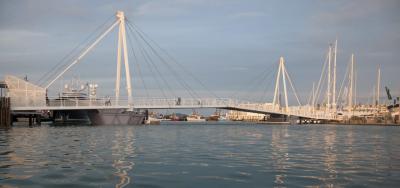The news is the latest development in the Fu Wah Auckland Park Hyatt Hotel build, which hit headlines earlier this month after the company said it needed 198 temporary workers from China to complete the fit-out stages of the project by deadline.
Fu Wah, which formally submitted its application to Immigration New Zealand two weeks ago, pointed to the labour shortage in local trades as justification.
At the time, fears regarding equitable pay and working conditions for the overseas workers - an ongoing, and cross-sector problem associated with imported labour in New Zealand - were raised.
Since then, Fu Wah has communicated with the Council of Trade Unions, and a meeting has taken place between the company’s lawyer, former Alliance MP Matt Robson, and E Tū - the union which represents between 1200 and 1500 construction workers. As part of the application process, Immigration New Zealand consults with the CTU, Worksafe and the Labour Inspectorate.
In the meeting between E-Tū and Robson last week, Fu Wah laid out a proposed hourly pay rate of $25 for workers. Deductions for the workers’ travel and accommodation arrangements would also come out of their wage, said Joe Gallagher, the national industry coordinator who attended the meeting on behalf of E-Tū.
“Depending on what the role is, the average pay for someone like a tiler or a commercial painter [for the fit-out stages of a job] would be about $32 per hour - and you’d charge more if you were a qualified builder. It could be up to $55 depending on what you were doing.
“This is really where the rubber hits the road with migration, with firms saying they cant find local workers, yet aren’t paying anywhere near the going rate."
- CTU national secretary Sam Huggard
“Those guys with the top-line finishing skills, which I assume you’d want in a luxury hotel build like this, would be pricier.”
The “$25 rate”, and the outlined plan to deduct for travel and accommodation is a “huge red flag”, Gallagher said.
“In recent years, there hasn’t been the openness to engage with us around these types of things,” he said in reference to projects involving large numbers of overseas workers.
“We thought … it was good that Fu Wah’s lawyer wanted to meet, but by . . .
Continue here to read the full article on Newsroom || March 01, 2018 |||





